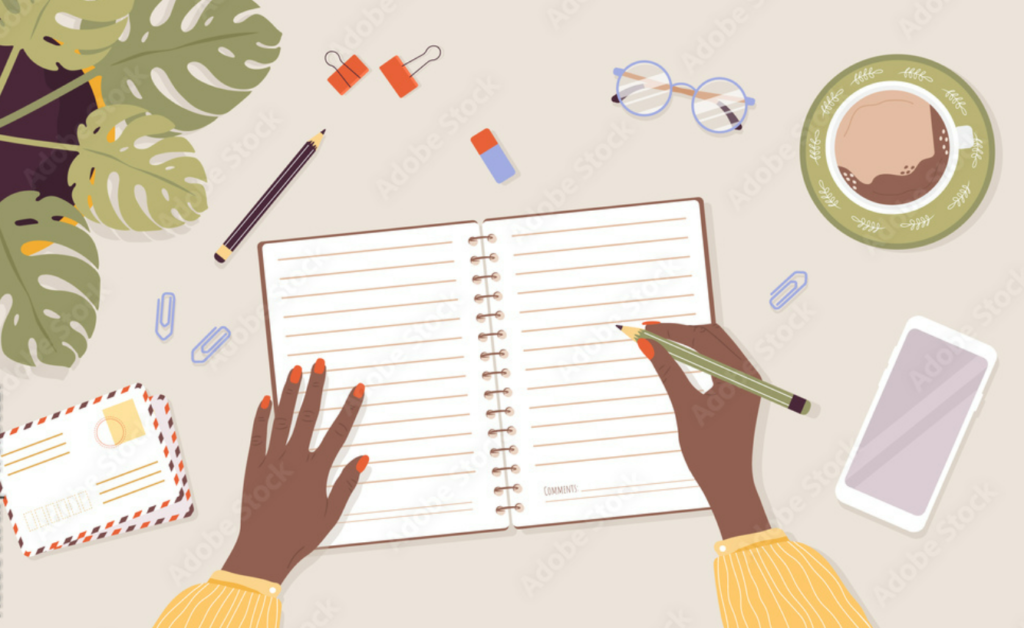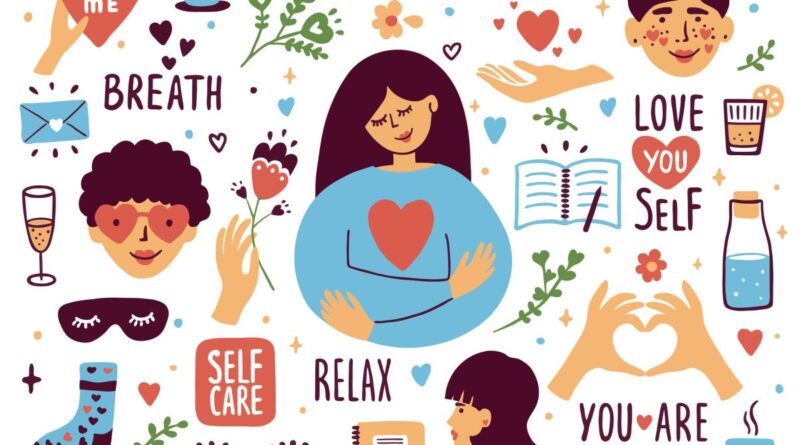The Power of Self-Care: Nurturing Your Mental Well-Being
In addition to a person’s physically strong body, mental health is also very important to a person. Mental health includes emotional, psychological and social well-being. It very much affects the way people think, feel, behave, make choices and relate to others. Mental health doesn’t just mean the absence of mental illness; it is vital to your overall health and quality of life. Therefore, in this way, it is very necessary for people to engage in some self-care on a regular basis, as this can play an important role in maintaining your mental health.
What does self-care mean?
Self-care means that people need to take the time to do things that will help them live better and improve their physical health and mental health. In terms of mental health, self-care can help a variety of people, whether they are students, adults, or older adults, manage stress, reduce the risk of disease, and increase energy. Over time, even small self-care behaviors in everyday life can have a big impact on people’s mental health.

Self-care Strategies
Exercise regularly
Did you know that people can walk as little as 30 minutes a day to help improve their mood and health? Small amounts of daily exercise add up over time, so don’t be discouraged if you can’t do 30 minutes at a time.

Eat a healthy, regular diet and stay hydrated
Since childhood, we’ve been told to drink enough water and stay hydrated. Indeed, this is true; a balanced diet and plenty of water will improve your energy and concentration throughout the day. However, there are certain limits to the liquids that people drink, such as caffeinated beverages, various soft drinks or just plain coffee.

Prioritize sleep
Every day people should follow a strict schedule and make sure they get enough sleep. Also, one thing that people need to pay special attention to is that the blue light emitted by modern electronic devices and screens can make it more difficult to fall asleep, so we should reduce the blue light emitted by our cell phones or computers by not looking at them before going to bed.

Try relaxation activities
Relaxation is definitely a great way to help people build a good mental health. So, people should regularly explore relaxation or wellness programs or apps which may contain meditation, muscle relaxation or breathing exercises. Also, people can schedule some other favorite wellness activities such as journaling on a regular basis.

Set goals and priorities
On a daily basis, people should take ownership of deciding what must be accomplished immediately and what can wait. If you start to feel like you’re taking on too many tasks, learn to say “no” to new ones. At the same time, try to be mindful of what you’ve accomplished at the end of the day and reward yourself appropriately instead of obsessing over what you can’t do.

Practice gratitude
Some of you may wonder why it always feels like other people are always so lucky and have such a great day every single day. It’s because they remind themselves of the things they are grateful for almost every day. Some people even write them down at night or replay them over and over in their heads. I know this may sound a bit silly, but when you constantly think back to the things that make you worthy of gratitude, your whole being will eventually become more positive and more confident!

Source
- Caring for your mental health. (n.d.). National Institute of Mental Health (NIMH). https://www.nimh.nih.gov/health/topics/caring-for-your-mental-health

